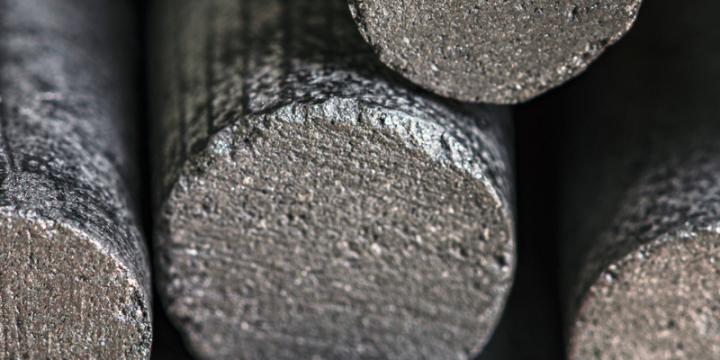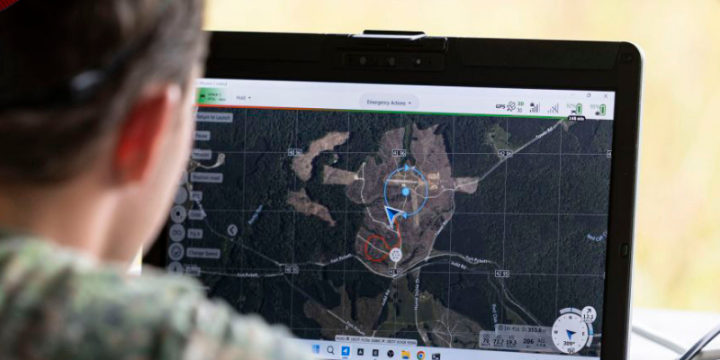Zijne Majesteit de koning brengt donderdagochtend 19 december een werkbezoek aan het MESA+ NanoLab van de University of Twente. Het werkbezoek staat in het teken van fotonica. De koning laat zich inspireren over hoe ideeën en fundamenteel onderzoek kunnen leiden tot een marktrijp product. Als Holland High Tech sluiten we ons op deze dag aan bij het rondetafelgesprek met de koning en vertegenwoordigers van het ministerie van Economische Zaken, Provincie Overijssel, Demcon, VDL ETG Eindhoven, Twente Board, het ROC van Twente, Hogeschool Saxion en de Universiteit Twente.
De Koning krijgt een rondleiding door het MESA+ NanoLab. Bij de Cleanroom wordt hij geïnformeerd over actuele ontwikkelingen en de belangrijke rol die de Cleanroom speelt in geïntegreerde fotonica. Studenten van het ROC van Twente, Hogeschool Saxion en de Universiteit Twente delen hun ervaringen over de trainingen die zij op het gebied van micro- en nanotechnologie in het NanoLab volgen. Ook vertellen zij over de samenwerking tussen de drie onderwijsinstellingen. Bij verschillende labs vertellen PhD-studenten, onderzoekers en vertegenwoordigers van bedrijven zoals LioniX, Quix Quantum, Aluvia Photonics, ASML, Zeiss en Panalytical over innovatief onderzoek en succesvolle spin-off bedrijven die uit het onderzoek zijn ontstaan. Het belang van onderzoek, de labfaciliteiten en de samenwerking tussen bedrijfsleven en kennisinstellingen staan hierbij centraal.
Tal van innovaties dankzij fotonica
Met fotonische chips is het in de toekomst mogelijk goedkopere, snellere en energiezuinige apparaten voor specifieke doeleinden te bouwen. Die maken bijvoorbeeld eerdere diagnostiek van ziekten, veilige zelfrijdende voertuigen en een efficiëntere voedselproductie mogelijk. De ontwikkeling van fotonische chips bevindt zich nog in een relatief vroege fase, maar gaan hoogstwaarschijnlijk een sleutelrol spelen in hightech sectoren waar snelheid en energie-efficiëntie van groot belang zijn. Investeringen in fotonische productiefaciliteiten stimuleert het opbouwen van toekomstige nieuwe markten in Europa. Naast fotonische chips worden in Twente ook belangrijke technologieën ontwikkeld voor de elektronische chipindustrie, chips waarin vloeistoffen worden geanalyseerd (microfluïdica) en chips waarin bewegende delen zitten (de zogeheten MEMS en NEMS technologie).
Fotonische chipfabriek
Eerder deze maand werd bekend dat Nederland belangrijke onderdelen gaat herbergen van een Europese proeffabriek voor fotonische chips. Voor dit project is in totaal 380 miljoen euro aan publieke investeringen beschikbaar gesteld door Europa. Twente krijgt een aanzienlijk deel, wat een mega-impuls bekent voor de chiptechnologie in Twente.
Een belangrijke ontwikkeling is tevens de realisatie van New Origin, een foundry voor fotonische chips in Twente.





